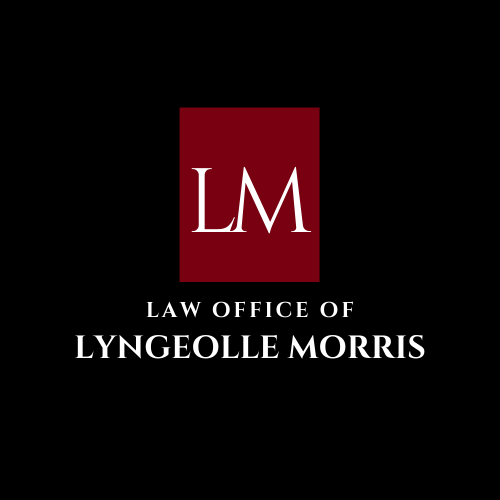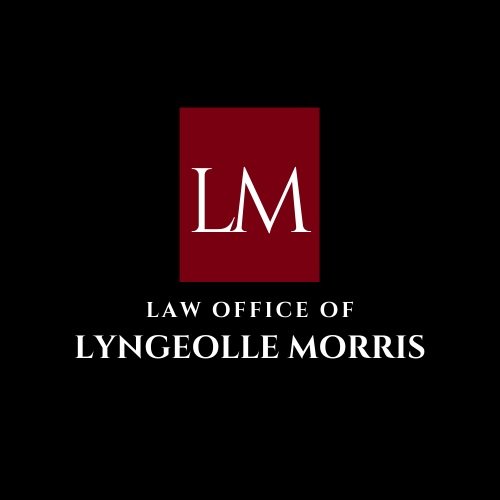Power of Attorney – Do You Need to Put One In Place?
Having a Power of Attorney in place can be an essential legal tool in the event that you are unable to conduct your affairs personally and therefore may require the assistance of a trusted individual to act on your behalf.
In this blog post, we will discuss what is a power of attorney, the instances in which a power of attorney may be required, the ways in which a power of attorney may come to an end, and finally some critical questions that you may need to consider before getting one in place.
What Is a Power of Attorney
A Power of Attorney is a written legal document in which the person executing the document, called the ‘donor’ or ‘principal’ grants another individual, called the ‘donee’ or ‘agent’ with certain powers to carry out certain acts whether specific or general, on behalf of the donor or principal.
The power granted in this legal instrument gives the donee or agent certain legal rights to manage the affairs of the donor or principal as set out under the document.
““donor” means the person giving a power of attorney
“donee” means the person to whom a power of attorney is given”
The person granting the power has the right to determine to whom that power will be granted, whether that person is the spouse, relative or to any other trusted individual chosen. It is therefore important that you engage in discussions with your attorney as well as the proposed agent about the serious legal implications of vesting such a power.
Types of Powers of Attorney
A power of attorney may either be ‘general’ or ‘specific’.
A general power of attorney grants broad and extensive powers to the agent to manage the affairs of the principal. Such a power would authorize your agent to make decisions regarding your affairs including but not limited to: legal, financial, property and medical affairs and any other acts as if the principal were executing them.
A specific or limited power of attorney on the other hand, is restricted to a specified act and for a specified purpose. For instance, if you are leaving the jurisdiction for an extended period, you may choose to appoint an agent specifically to manage your financial affairs.
Instances where a Power of Attorney may be Required
Below are some of the instances in which you may seek to have a power of attorney put in place:
You have become physically restricted
You have embarked on travel outside of the jurisdiction
You have become ill and you are unable to carry out your affairs
You wish to appoint a representative to commence legal proceedings or defend legal proceedings as if you were the party doing so
You wish to appoint a representative to dispose of or transfer real estate
It has become more convenient to have one in place
Termination of the Power of Attorney
It is important to note that a power of attorney may be terminated in a number of ways as set out below:
The power may be revoked by the donor in writing (deed of revocation)
The power automatically comes to an end upon the death of the donor
The power may come to an end automatically if the power was intended to be a for a specified period of time or upon the completion of a specific task or transaction
The donor becomes incapacitated in which he/she no longer has his/her mental capacity
Do You Need a Power of Attorney in Place?
In this blog post, we considered what is a power attorney, the different types, instances where you may need one, and how the power of attorney may be terminated.
If you are seeking to put have a power of attorney put in place, first consider the following questions:
What is the key reason for appointing an agent or donee to act on my behalf?
What is the scope of power that I wish to vest in my agent?
How long should this power last? (e.g: until I revoke it; for a specified period; by operation of law)
Is the proposed agent a trusted individual that is likely to act ethically and in good faith when acting on my behalf?
These are some of the key considerations that you should take into account of before putting your power of attorney in place. Once your power of attorney has been executed, your designated agent will be conferred with important duties and responsibilities and should therefore exercise his/her powers in your best interests when acting on your behalf.
Questions?
Thank you for taking the time to read this blog post. We hope you find it useful!
If you are a seeking to have a Power of Attorney Document put in place, and require further guidance on the process, our office would be delighted to speak with you about your particular concerns. To find out if we can be of assistance, kindly contact us our office by clicking here.
To learn more about the role of an agent under a power of attorney, check out this article.
To help you further, we’ve created a Power of Attorney Worksheet to help you with getting organized before getting your Power of Attorney document in place. You can access it by clicking here.


